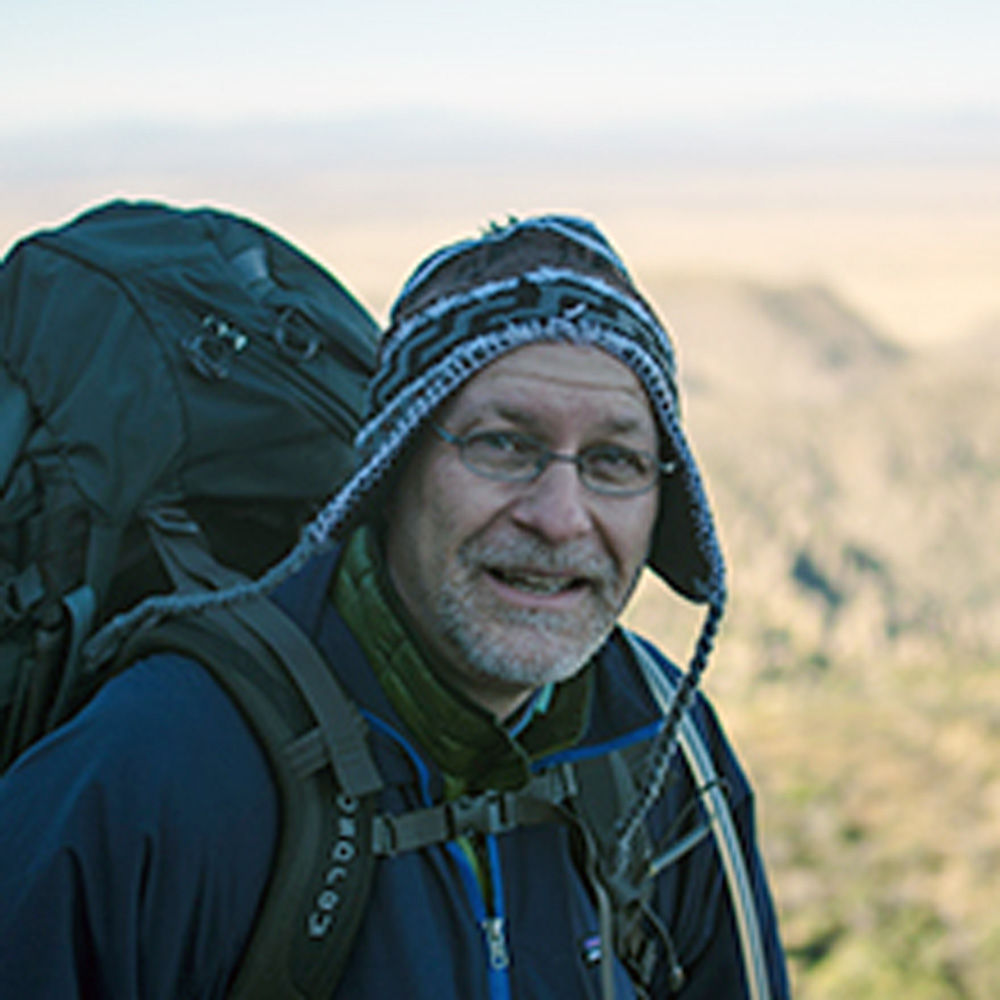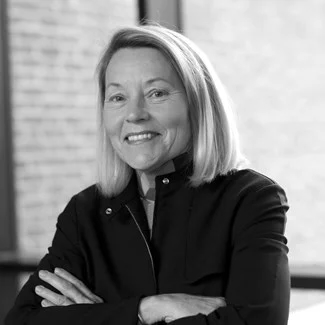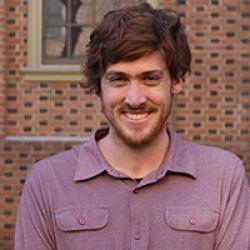Soundscapes and the Anthropocene
May 10, 2025
Convened by: Megan D. Gall, Associate Professor of Biology and Director of Neuroscience and Behavior, and Justin Patch, Associate Professor and Chair of Music.
This program explored local acoustical environments, changes in human behavior, and their relationship to a broad range of disciplines including ecology, animal behavior, sensory neuroscience, human psychology, sociology, music, the arts, and architecture.
Abstract
Every living thing has its own umwelt, or perceptual world. For many animals, including humans, sound is one of the primary components of their perceptual world. The soundscape, or acoustic environment, can affect the physiology, behavior, cognition, and geographic distributions of animals. These effects of soundscapes extend to human animals as well. Soundscapes can provide a sense of place, influence our emotions, and reflect our economies. Soundscapes are increasingly dominated by anthropogenic noises, which can alter the interactions between organisms and the environment. In this program, we will explore the ideas of soundscapes, anthropogenic change, and their relationship to a broad range of disciplines including ecology, animal behavior, sensory neuroscience, human psychology, sociology, music, the arts, and architecture. The first half of the program will focus on academic research on sound and soundscapes, an exhibition of student work, and a panel discussion on use of sound in the classroom. This portion of the program is geared towards faculty and students at Vassar. The second half of the program will include workshops on recording and analyzing sound, a tour of virtual and actual soundscapes, and the screening of a film on soundscapes. This half of the program will be open to members of the Vassar and local community that are interested in how sound influences their lives and the environment.
This is an ideal Signature Program to kick-off programming for The Vassar Institute for the Liberal Arts. The sound environment is critically important for humans and many other animals. There is a rich history of Vassar faculty across the arts, humanities, social and natural sciences thinking critically about how sounds affect us and how we affect the soundscape. Many Vassar alums have fascinating and storied careers investigating and documenting soundscapes and their power in the world. Thinking critically about soundscapes in and around Poughkeepsie can also foster ties between Vassar and the surrounding communities.
The Topics
- Listening and Politics: Podcasting, Intimacy and the Presidential Campaign
- The Ecology and Neuroscience of Communicating in Noise
- Hyperchorality: Phenomenologies of Voice and Air in the Anthropocene
- Exploring Built Soundscapes
- Recording and Analyzing Sound
- Screening of Sonic Sea. Learn more about the film at sonicsea.org.
Biographies
Megan D. Gall

Associate Professor of Biology and Director of Neuroscience and Behavior. Read more about Megan.
Dr. Bryan C. Pijanowski

Director of the Center for Global Soundscapes, Professor of Forestry and Natural Resources, Purdue University. Read more about Bryan.
Dr. Karen Van Lengen ’73

William R. Kenan, Jr. Professor of Architecture, University of Virginia. Read more about Karen.
Tim Boycott ’16

Department of Natural Resources and the Environment, Cornell University. Read more about Tim.
The programs and content presented at The Vassar Institute for the Liberal Arts do not necessarily represent the opinions of Vassar College or The Vassar Institute.
Join our mailing list! Sign up to get updates on programs and news from The Vassar Institute for the Liberal Arts.
The Vassar Institute for the Liberal Arts
165 College Avenue, Poughkeepsie, New York 12604




